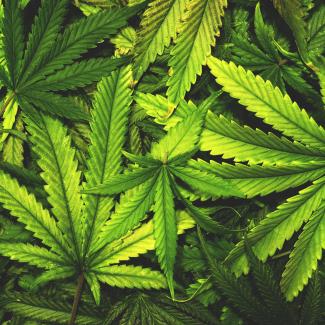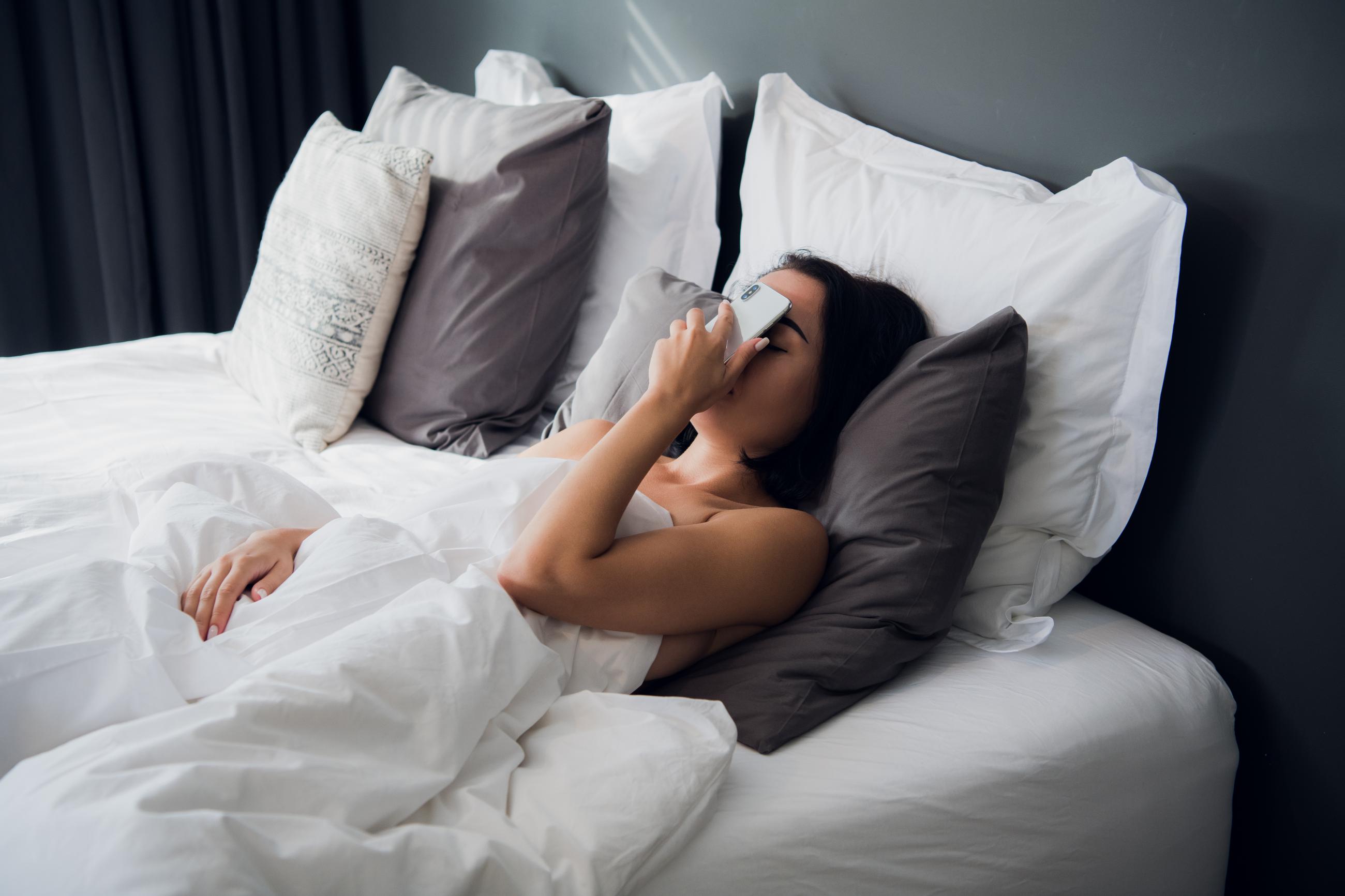The Centers for Disease Control (1) estimates between 50 and 70 million American’s are inflicted with some type of sleep disorder, and one third of the entire population is getting less sleep than recommended for optimal health. Sleep disorders and insomnia are quickly becoming a serious public health concern. In fact, statistics have shown (2) sleepy or drowsy driving is responsible for hundreds of thousands of vehicle-accidents each year. Insomnia, and other sleep disorders like sleep apnea, is just one of the many ailments which could be treated with medical marijuana.
How Medical Marijuana Can Help Insomnia
Insomnia can occur at various times in most everyone’s life resulting from a number of a triggers such as life circumstances, diet, illness, worry, or stress. However, chronic insomnia is a stand-alone sleep disorder which prevents a person from getting the required amount of sleep for three or more days a week for more than three months. This loss of sleep starts to affect quality of life and interfere with everyday functionality.
The endocannabinoid system in the human body plays a role in circadian rhythm, or sleep and wake patterns, according to studies (3). Phytocannabinoids, or the active compounds from cannabis, have been shown to help restore balance to the endocannabinoid system, thus, helping to regulate a more natural sleep pattern.
Cannabinoids for Sleep
There are diverse types of compounds in the marijuana plant; each with their own set of characteristics and benefits. Here are few common cannabinoids which may be beneficial for helping you achieve a good night’s rest.
Delta9-Tetrahydracannabinol (THC) – probably the most common of all the cannabinoids for two reasons, it’s the most abundant cannabinoid found in cannabis and its known for the euphoria associated with cannabis use. However, THC has many other benefits when used appropriately such as pain relief, anti-inflammation, and sedation, all of which can help achieve a more restful sleep.
Cannabidiol (CBD) – another abundant cannabinoid found in cannabis, CBD has received an abundance of media attention over the last several years for the miraculous results it has shown in pediatric epilepsy. However, anti-epileptic and anti-spasmodic are only a couple of the miraculous benefits of this cannabinoid. CBD has many medicinal benefits including pain relief, anti-inflammation, anti-anxiety, and maybe best of all, “anti-THC” – CBD can reduce or eliminate the unwanted psychoactive effects of THC.
Cannabinol (CBN) – over time, the cannabinoid THC starts to degrade, this process actually changes the THC molecule to CBN, a cannabinoid 5 times as sedative as THC, but with less psychoactive effects. CBN’s sedative effects make it a superb alternative to treat insomnia.
Consumption Method Matters
How cannabis is consumed can make a difference in its effectiveness in treating insomnia. While smoking cannabis allows for immediate onset for relief many symptoms, the effects can wear off within thirty minutes to a couple of hours. If simply falling asleep is the problem, then smoking cannabis may work for you. However, if you’re having trouble staying asleep or getting a full night’s sleep, then ingesting cannabis edibles about an hour before bed may be a better method, as it allows the effects to linger from 4-8 hours.
Many patients have found that cannabis works better than traditional over-the-counter sleep aids, and just as well, if not better than many prescription medications without all the side effects. While over-consumption may leave you feeling groggy or unfocused the next morning, typically the effects of the cannabis are worn off before you wake.
I used to take anti-anxiety medications to manage chronic anxiety and help me sleep. However, I was often left feeling so tired throughout the day, I could barely function. Supplementing with cannabis has helped me get a great night’s sleep every night and I haven’t used prescription medications in over a year. ~ Colorado Cannabis Consumer
Clinical studies on Sativex (4), a cannabis-based, FDA-approved drug, have shown tremendous results on thousands of patients in helping treat insomnia and many other ailments. If you’d like to learn more about how medical cannabis may be able to help you combat insomnia, please set an appointment to today to speak to one of our doctors.
References
- Centers for Disease Control. Insufficient Sleep Is a Public Health Problem. cdc.gov. [Online] Sept 3, 2015. https://www.cdc.gov/features/dssleep/.
- National Sleep Foundation. Facts and Stats. DrowsyDriving.org. [Online] 2017. http://drowsydriving.org/about/facts-and-stats/.
- Endocannabinoids and sleep. Prospéro-García O, Amancio-Belmont O, Becerril Meléndez AL, Ruiz-Contreras AE, Méndez-Díaz M. December 2016, Neuroscience and Behaviorial Reviews.
- Cannabis, Pain, and Sleep: Lessons from Therapeutic Clinical Trials of Sativex®, a Cannabis-Based Medicine. Ethan B. Russo, Geoffrey W. Guy, Philip J. Robson. August 21, 2007.
























